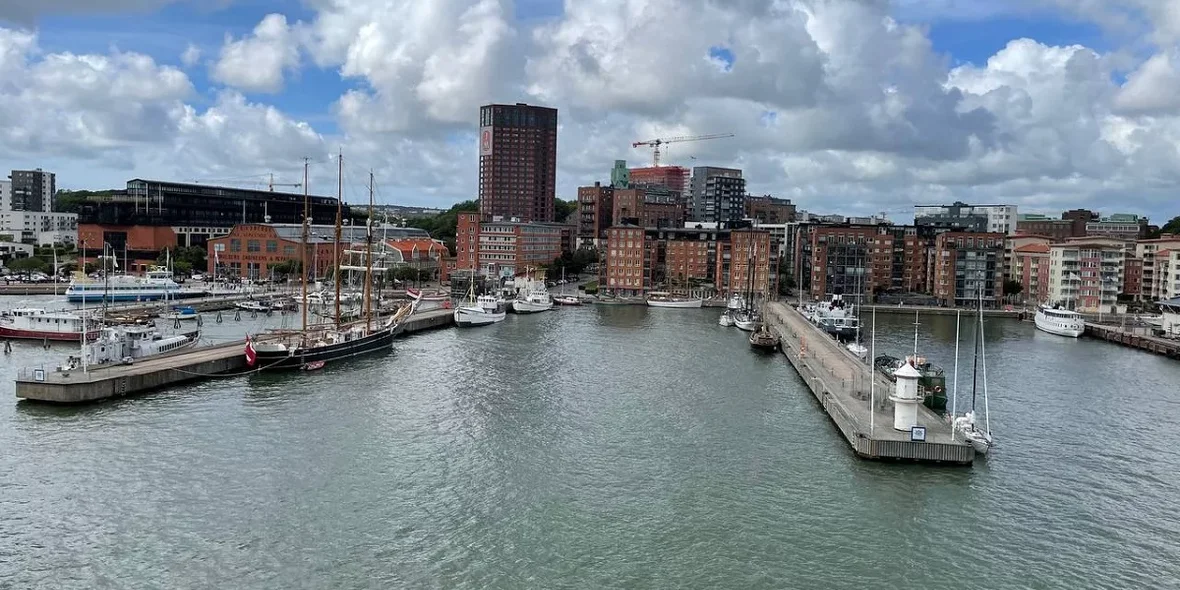
How to live in Denmark on €1000 per month? Personal experience: rent, taxes, and lifestyle of Danes
What is Danish happiness? Why, when applying for a job, is it important to write as much detail as possible about your hobbies? What is the 300-meter policy in Copenhagen? Anastasia spoke to us about various aspects of Danish life, including work, real estate, prices, salaries, hygge, and Danes.
“The normal tax rate in Denmark is about 35%.”
— I've been living in the Danish city of Aalborg for more than a year and a half now. Before that, I was an exchange student in Denmark and met my fiancé here, which is why I subsequently decided to go to Denmark and continue my studies there. Right now, I'm doing a master's program at a local university.
Since I touched upon the topic of education, I should note that for people with European citizenship and locals, education in Denmark is free, but for the rest, it is very expensive. It is also possible to study for free, but to do this, you need to be proactive, have achievements in education and work, share values with the Danes, and do volunteer work.
As for jobs in Denmark, it all depends on your specialty. There is a great need for engineers and programmers—with these specialties, getting a job is easier. Also note that most of the local non-international companies do business in the Danish language, so it is desirable to know Danish—this will be your greatest advantage. That said, the Danes all speak very good English.
Danish companies pay a lot of attention to your “cultural fit,” that is, how well you fit in with the company's values, temperament, whether you would be comfortable in an already established team, and so on. Therefore, career consultants are always advised to write as much as possible about your hobbies: a good chance that you will be hired not because you are the best professional of all candidates but because you are an excellent colleague who shares the boss's hobbies, which means you will have something to talk about at the friday bar after work at the end of the week.
Starting a business in Denmark is quite easy: you can open it online in a few clicks. But here you should understand that in the country there are very high taxes and social benefits, so it is necessary to go here with a clear plan of what you will do.
Speaking of taxes, the normal tax rate (which is deducted from the salary here) along with social benefits is about 35%. It is worth bearing in mind that taxes here are state and municipal, so your tax will depend on which municipality you live in.
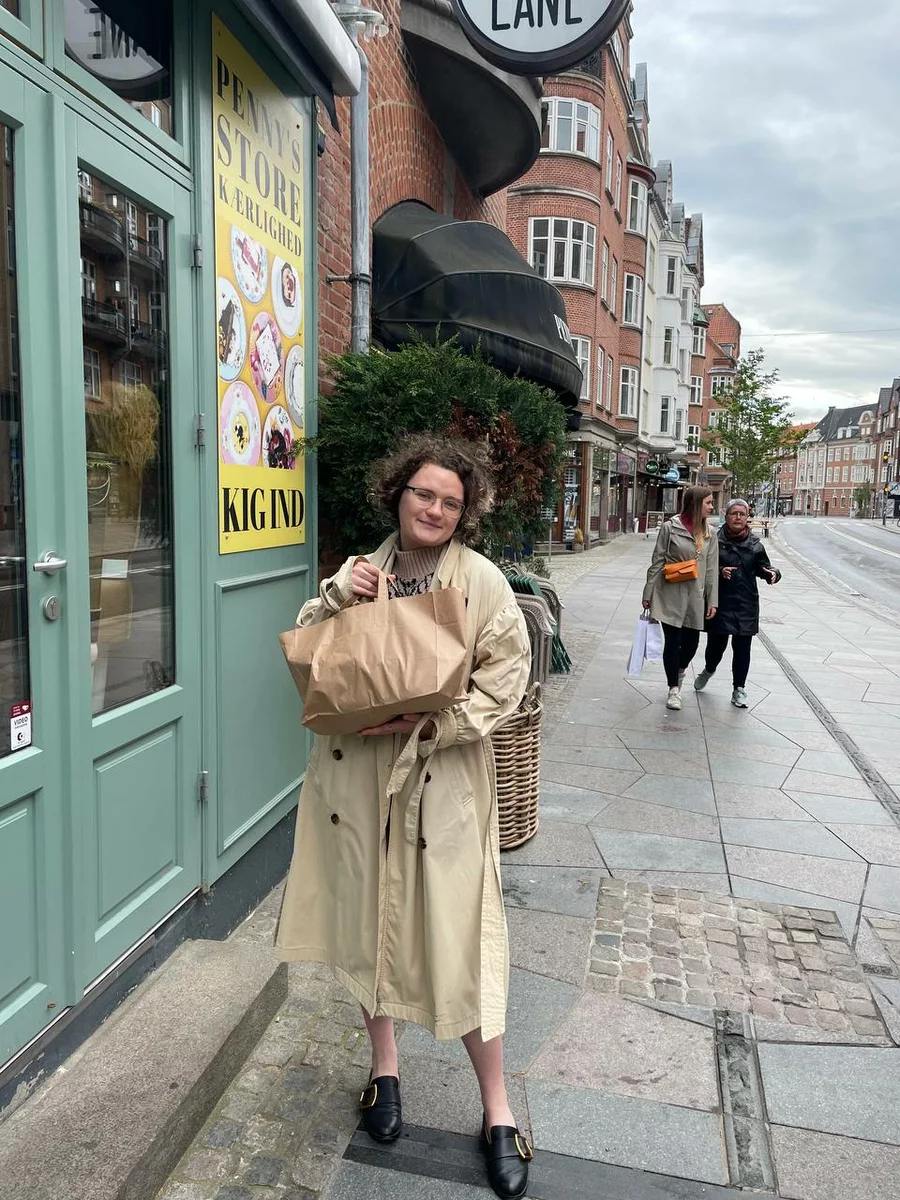
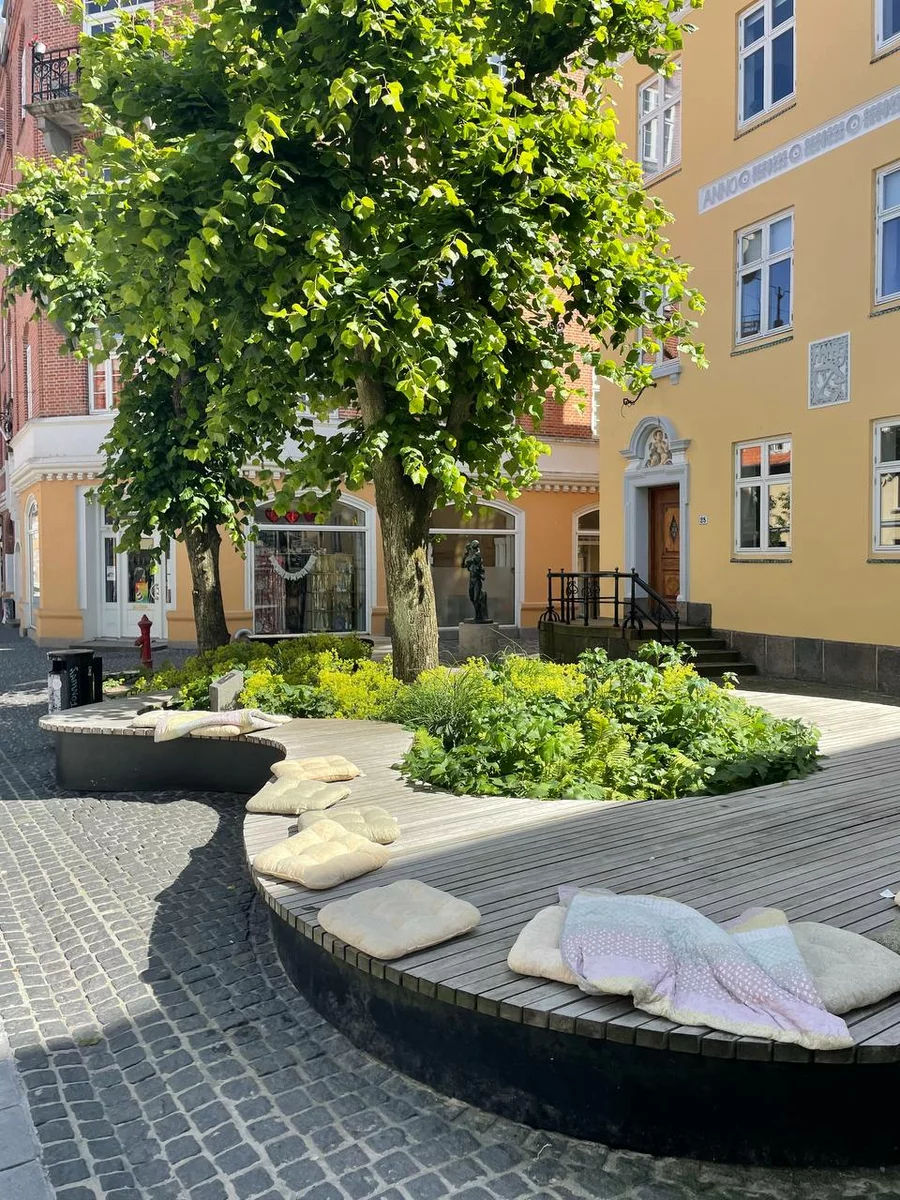
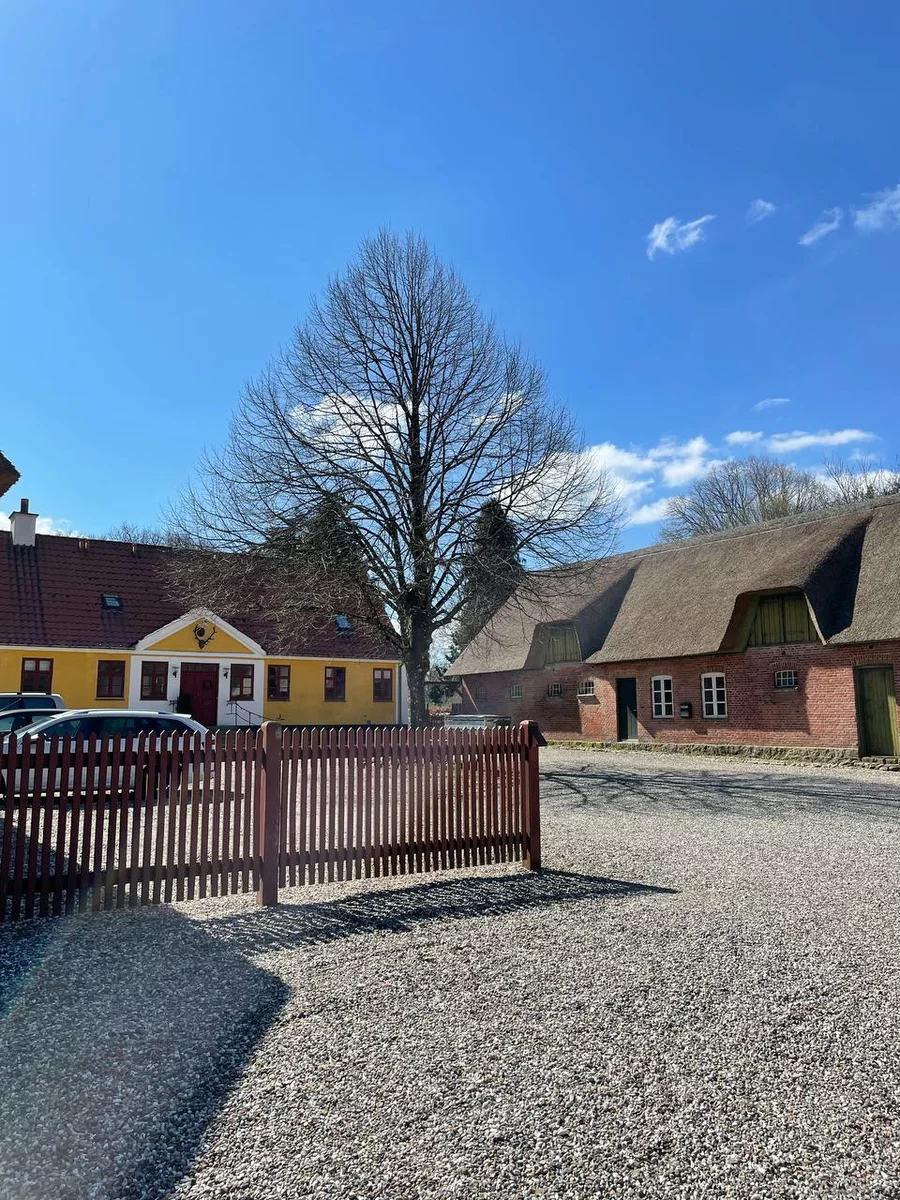
“Danes tend to rent rather than buy.”
— The salaries of serious specialists in engineering or in the IT field (who have a Master's degree and several years of experience) are around €3.500-€4.000 after tax. For sustainability specialists, which will include me when I get my official job, it's €2,500.
To maintain a comfortable lifestyle without any frills, about €1000 per month is enough here (in my city in the north of Denmark). For Copenhagen, these prices can be multiplied by 1.5 or 2, because housing is quite expensive. 60% of my budget is for rent and utilities, 20% is for food, and then everything else.
Prices in Denmark are, of course, sometimes astounding, especially for fish. It is very strange that in a country that produces a huge amount of fish, it is quite expensive (0.5 kg of trout or salmon in the supermarket is about €20).
I don't spend much here, but I rarely buy things or go to entertainment events, and there is almost no spending on transportation because I ride my bike everywhere. But compared to the average Dane, it is quite a moderate lifestyle, and probably in order to live more comfortably and afford to go to cafés, restaurants, concerts, festivals, and travel, you need to have €2000 or more.
But in principle, Danes lead a modest lifestyle and do not spend much unless it concerns the comfort of their homes and furniture. Danes love to decorate their homes and change interiors, and in the streets you can often see old furniture and even appliances for every taste and color in pretty good condition, but which the owners simply do not like themselves.
By the way, the Danes tend to rent housing, not buy it. And if they do buy, it can often be a house in a small town or village rather than in a major city, as housing prices are high.
Note: You can buy an apartment in Denmark with an area of 90 square meters, on average, for €320,000–€450,000. As for rental prices, an apartment with one bedroom can be rented for €700–€1000, and one with three bedrooms for €140–€1800.
— It can be quite difficult for foreigners to find accommodation in Denmark; here you do not choose an apartment, but the landlords choose you as a tenant. I personally did not have to find a place to live because I moved in with a young man. But he's not from Denmark either, but from Eastern Europe, and before he found his first apartment, he got a lot of rejections. With the apartment we live in now, we were a little luckier, but it was needed to travel twice to interview with the landlord.
In order to rent an apartment in Denmark, you need to pay a deposit of three months' rent. And it is the money with which you probably have to say goodbye.
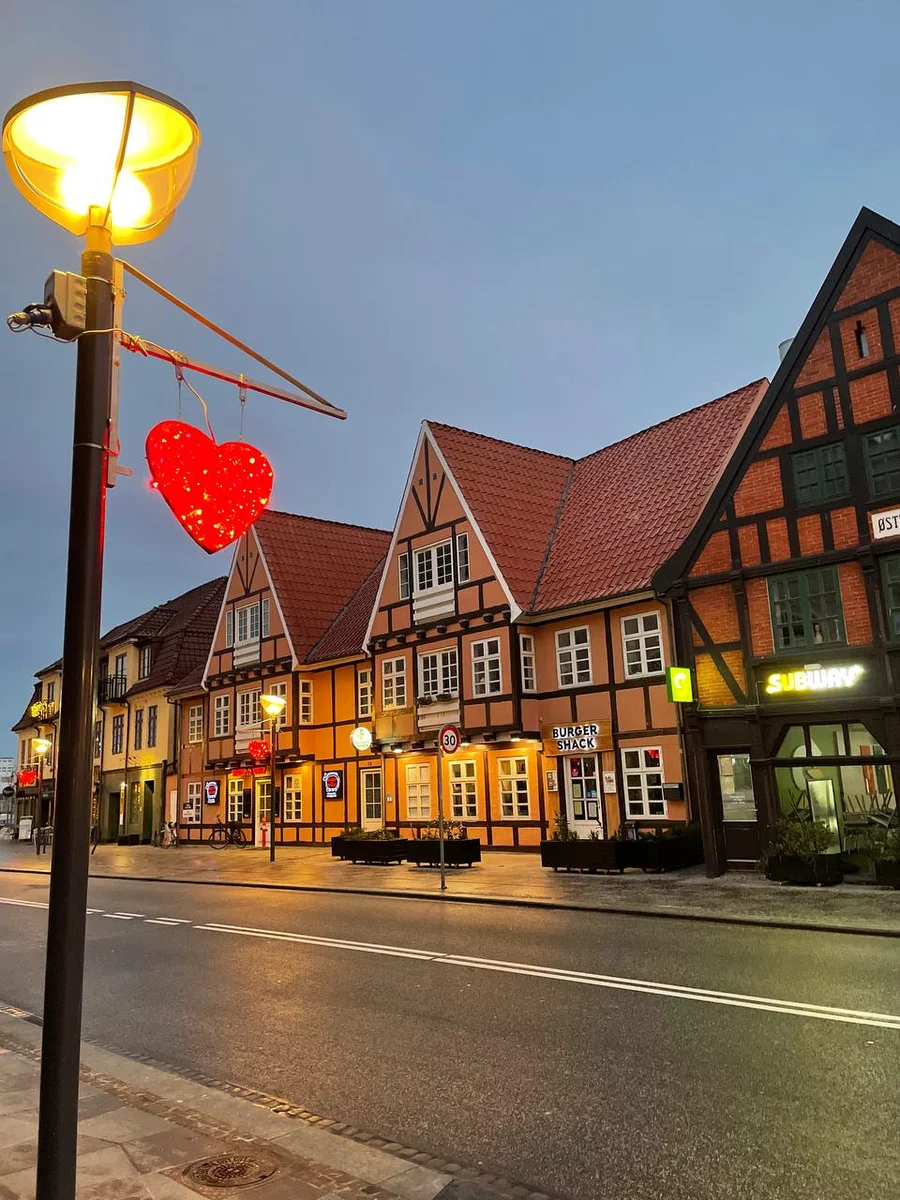
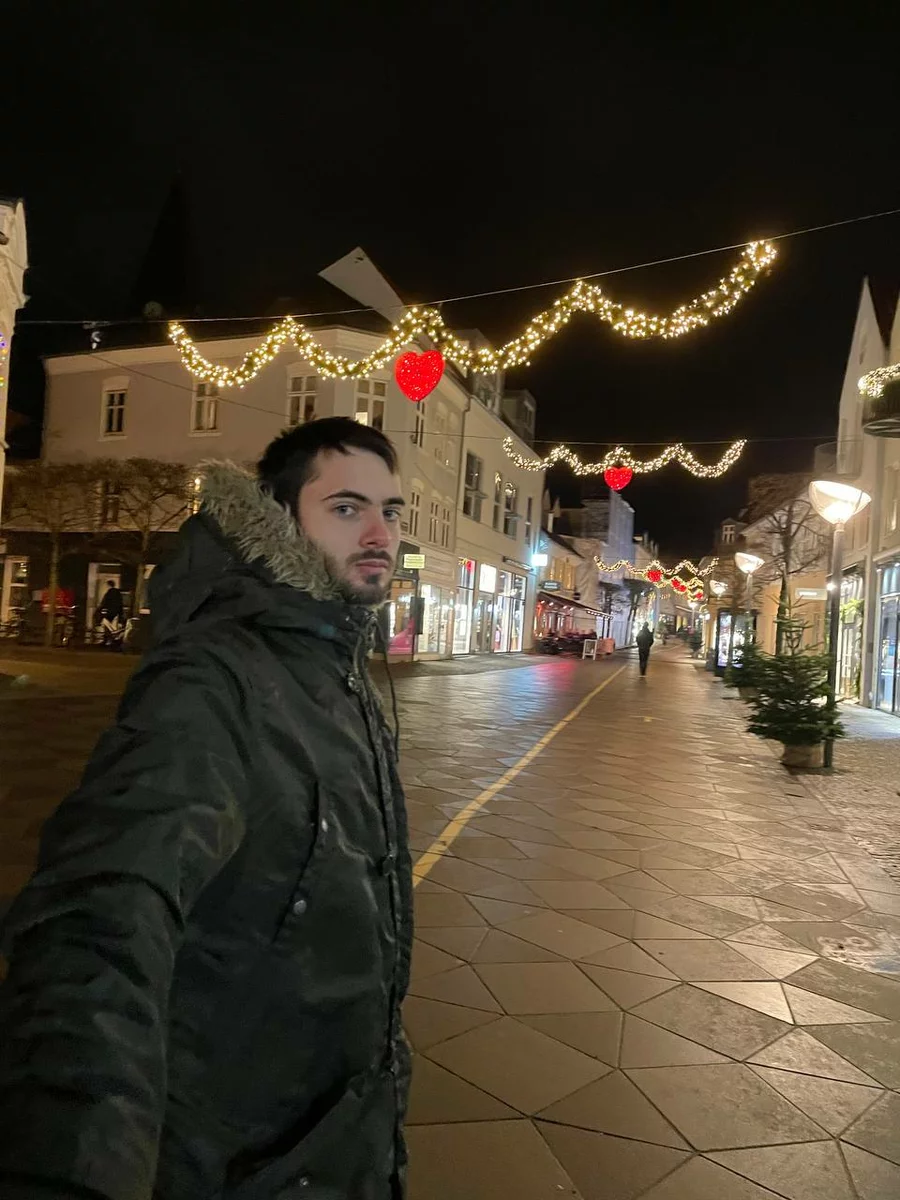
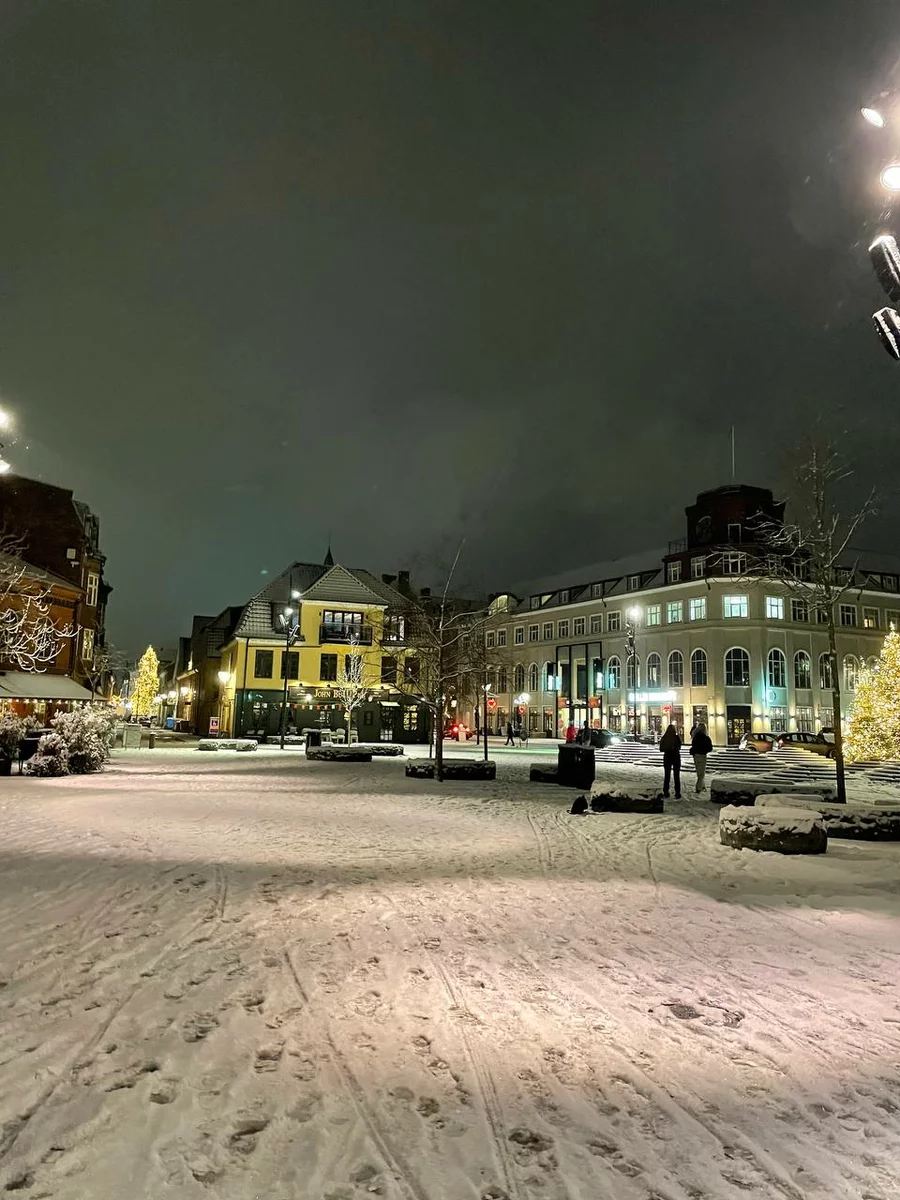
“In Denmark, happiness is quiet.”
— Denmark is often recognized as the happiest nation in the world. On the one hand, this is true, but it is not conspicuous. I lived for a while in Spain, and as for the feeling of happiness, it seems to be more prevalent there; the constant joyful emotions, the fiesta, and the attitude toward life as a holiday contribute to it.
In Denmark, on the other hand, happiness is quiet. In Denmark, happiness is when you finish work at 4 o'clock, go home or ride your bike, cook a delicious dinner, walk your dog, or spend time with your loved ones.
Also, for Danes, happiness is going for a walk in the park, taking a bike trip, or going for a hike. They love the interaction with nature, and there is always room for nature in the cities here. For example, in our city center it is quite common to see hares, swans, various birds, and sometimes even deer within the city limits.
And the very word “hygge”, which has become popular in recent years, is just about this way of life, about quiet Danish happiness. As with any concept unusual for foreigners, Danes are unlikely to be able to explain to you what hygge is because, for them, it's the way they've been living since childhood. A similar analogy can be made with the Danes' love of their flag: they simply put it up everywhere on any occasion. And when you ask them why they love the Danish flag so much, they have no answer; they just live like that.
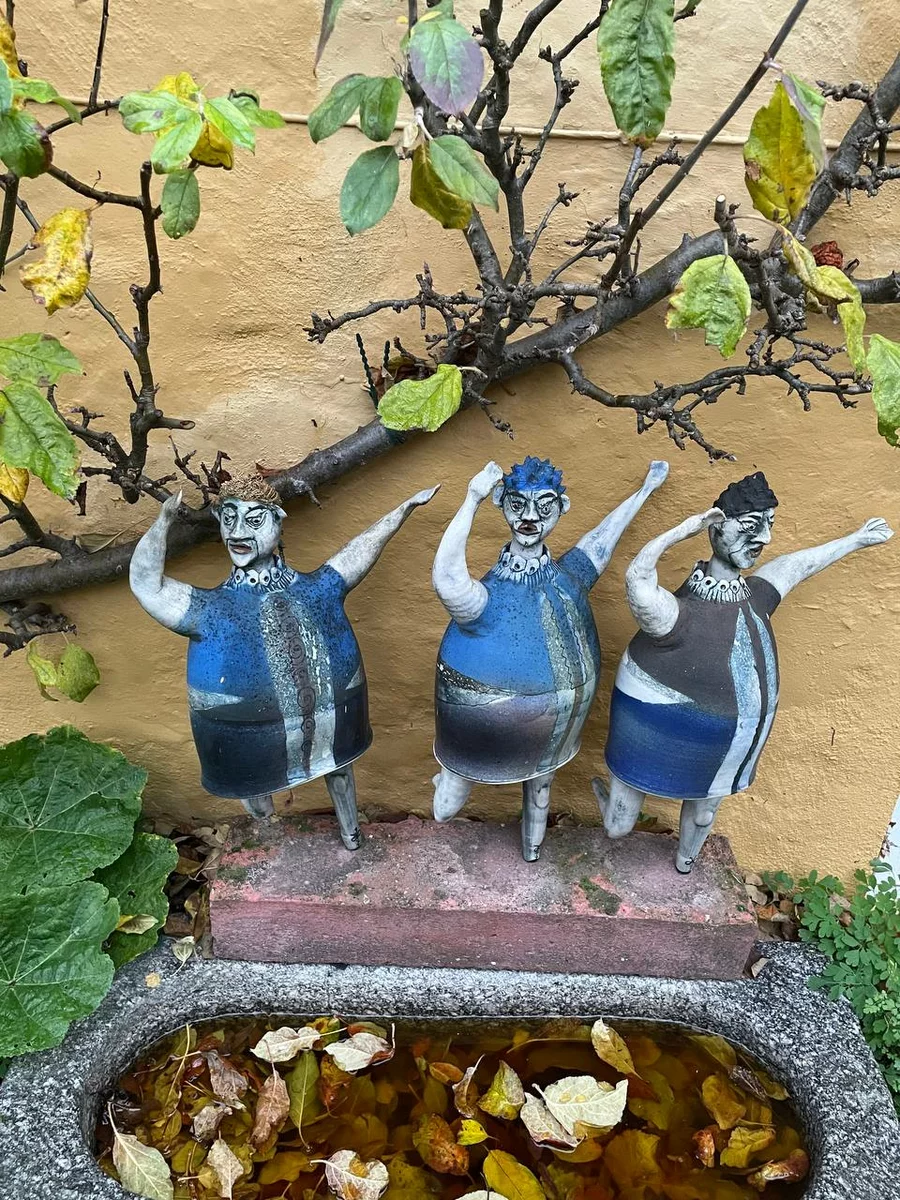

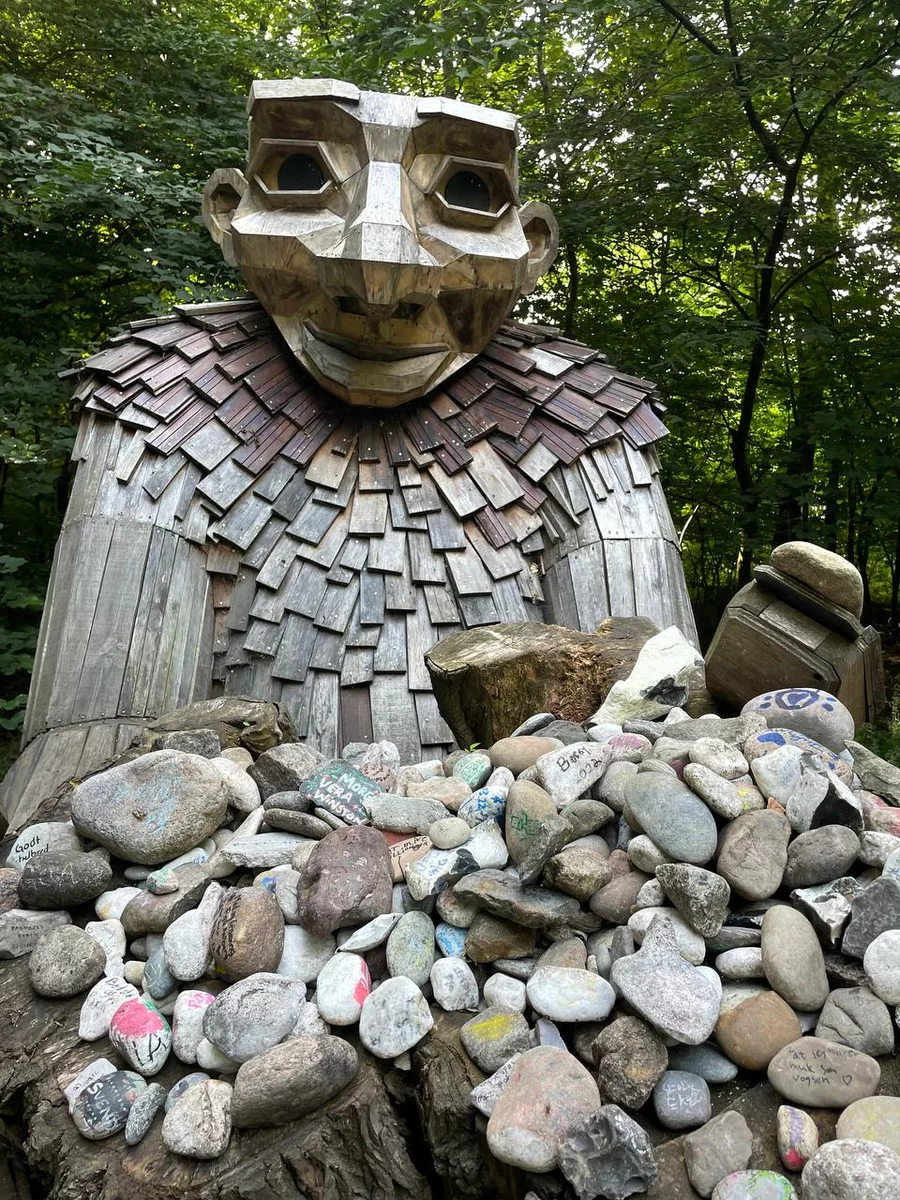
“Danish cities are made for people, not cars.”
— There is a stereotype about Danes that they are closed-minded. In general, this is true, but if you ask a Dane for help, it is likely that he will leave everything and go to help you. However, it is worth noting that Danes, in principle, have little trust in non-locals, and you may encounter discrimination on their part, albeit indirectly.
The local bureaucratic system is also very peculiar. Everything is done online here: doctor's appointments, opening a bank account, and some kind of municipal records. Yes, it's fast and convenient, but on the other hand, there's no interpersonal support when you know you can go directly to someone with a question.
Also, I don't understand the local work culture yet. On the one hand, I like the way Danes involve everyone in the conversation and want to take everyone's opinion into account, but often it seems that the decision-making process is very long with endless dialogues.
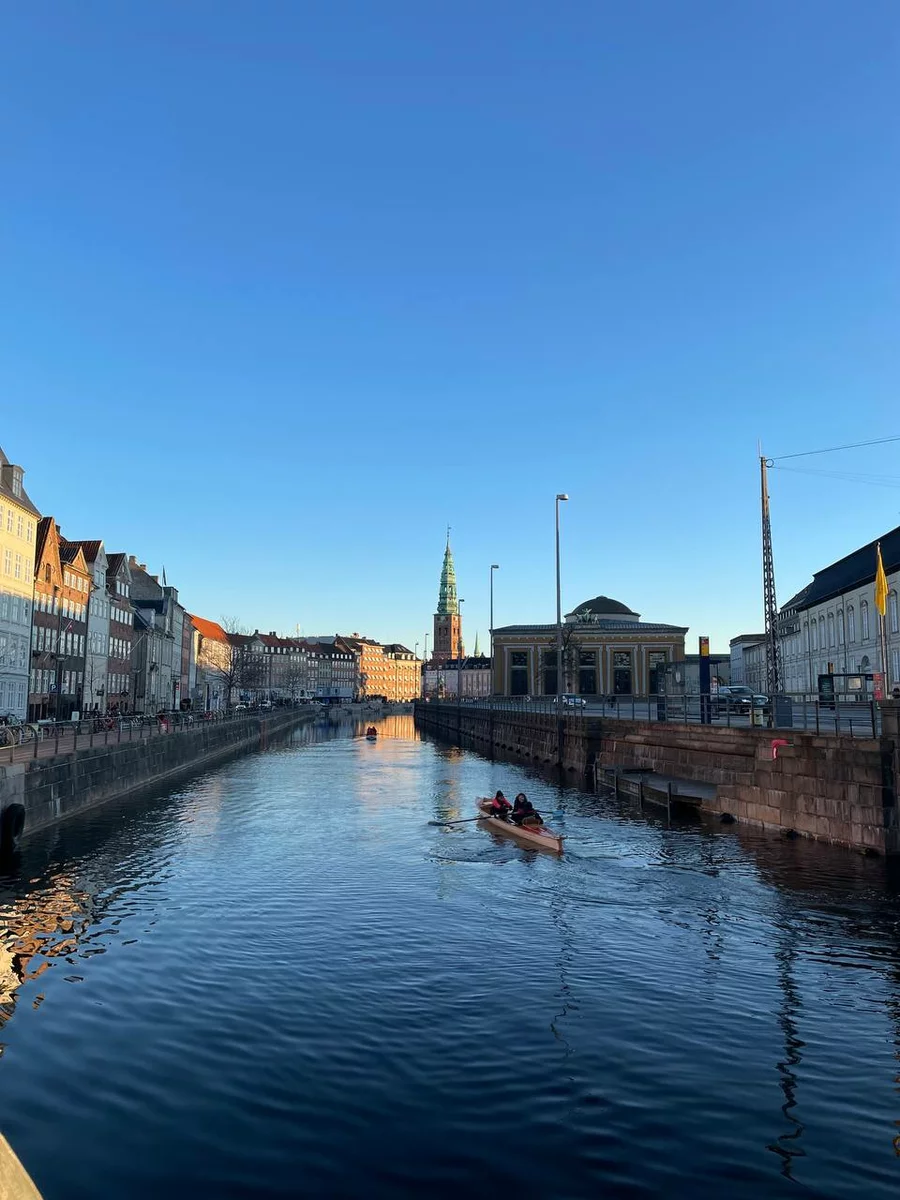
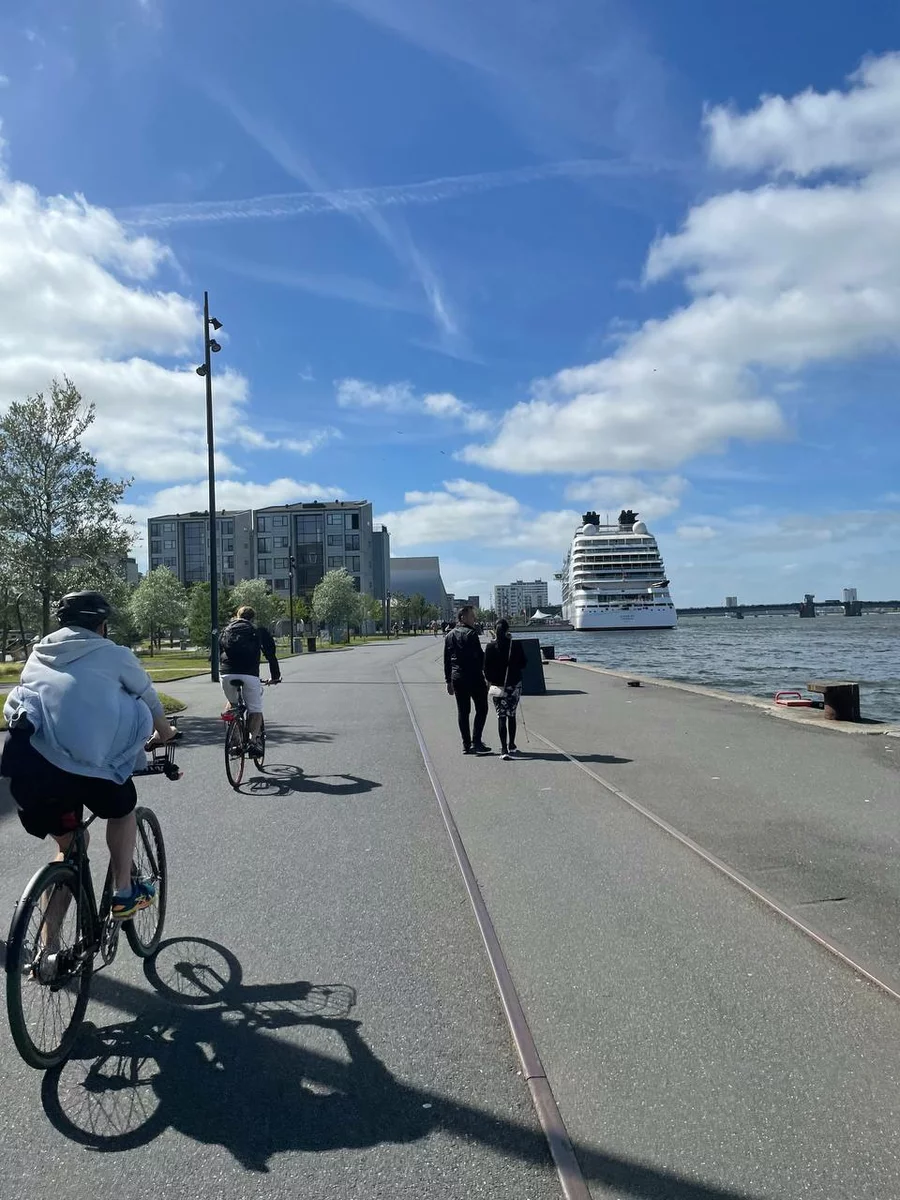
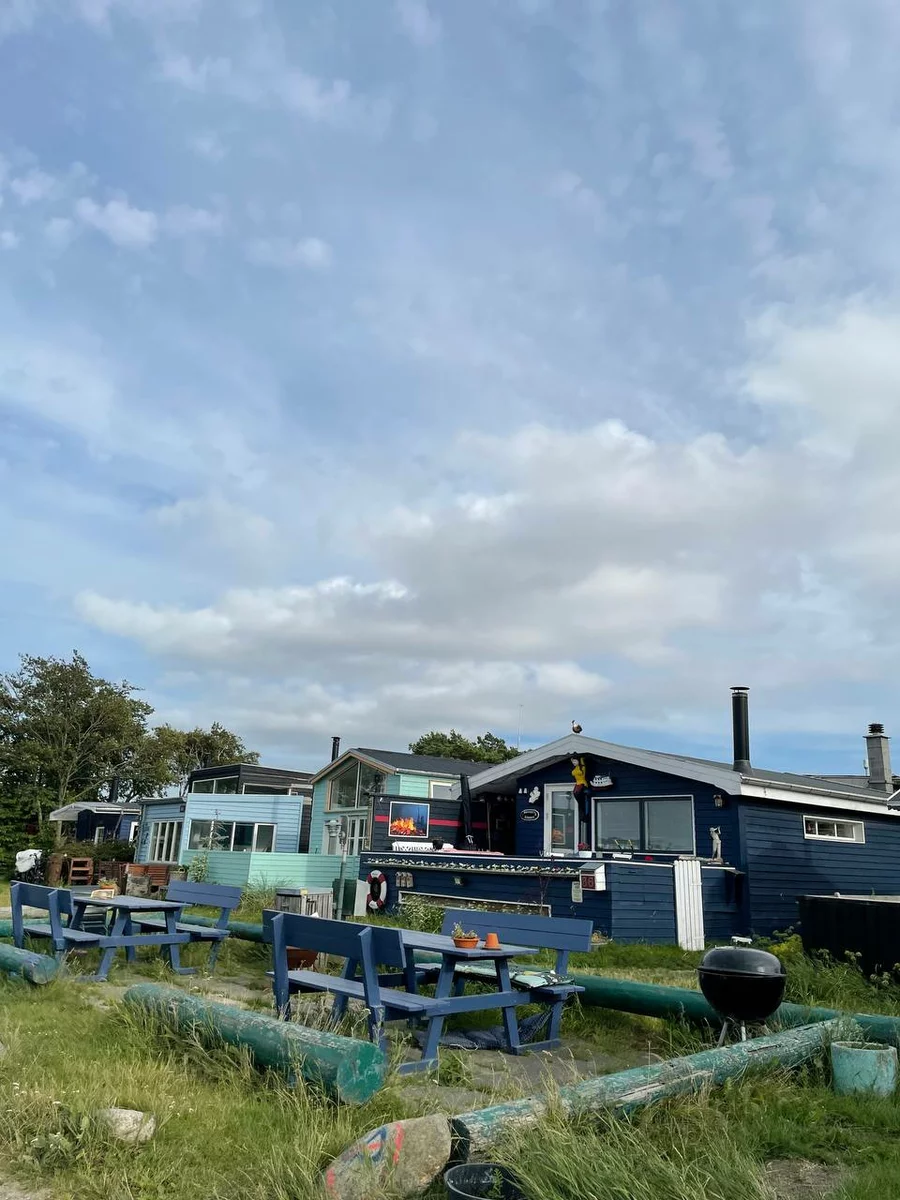
— Yes, the listed things are hard to get used to, as are the almost constant rain and cloud cover. But still, there are many more things I like about local life.
Denmark is a great place to figure out what you really want out of life and what kind of person you want to be. Here, you can really be anyone you want to be, setting aside stereotypes. The Danes have a slower lifestyle; for them, taking the time to walk their dog is just as important as meeting a looming deadline. They know how to enjoy the simple things in life and do not like to spend money or boast about something.
In everyday life in Denmark, I feel like I am taken care of. There are plenty of accessible leisure activities and hobby clubs even outside the capital; Danish cities are made for people, not cars. In Copenhagen, for example, there is a 300-meter policy: there must be a green area within 300 meters of any residential building. Before I came to Denmark, I underestimated the importance of nature. Now, when I want to go out, we often go with friends or my fiancé to the park with coffee, beer, and sandwiches instead of cafés or other entertainment.
I'm very drawn to Danish modern architecture and delightfully designed public spaces. And in general, there are so many things that are pleasing to the eye. It's both the things people do for themselves—decorating their homes and gardens, for example—and the way municipalities use and furnish different areas. It could be some original wooden playgrounds, sports fields on the banks of a fjord, or parks that are constantly planting flowers, depending on what's in bloom right now.
I find it beautiful, safe, and comfortable here. I think the active life and political stance of the Danes and the culture of trust play a part in this. There are kiosks and stalls where there are no vendors, some kind of anti-corruption system, or even cameras. No one monitors whether you really transferred money to the account, but there's no thought of cheating anyone. After all, why ruin your karma?
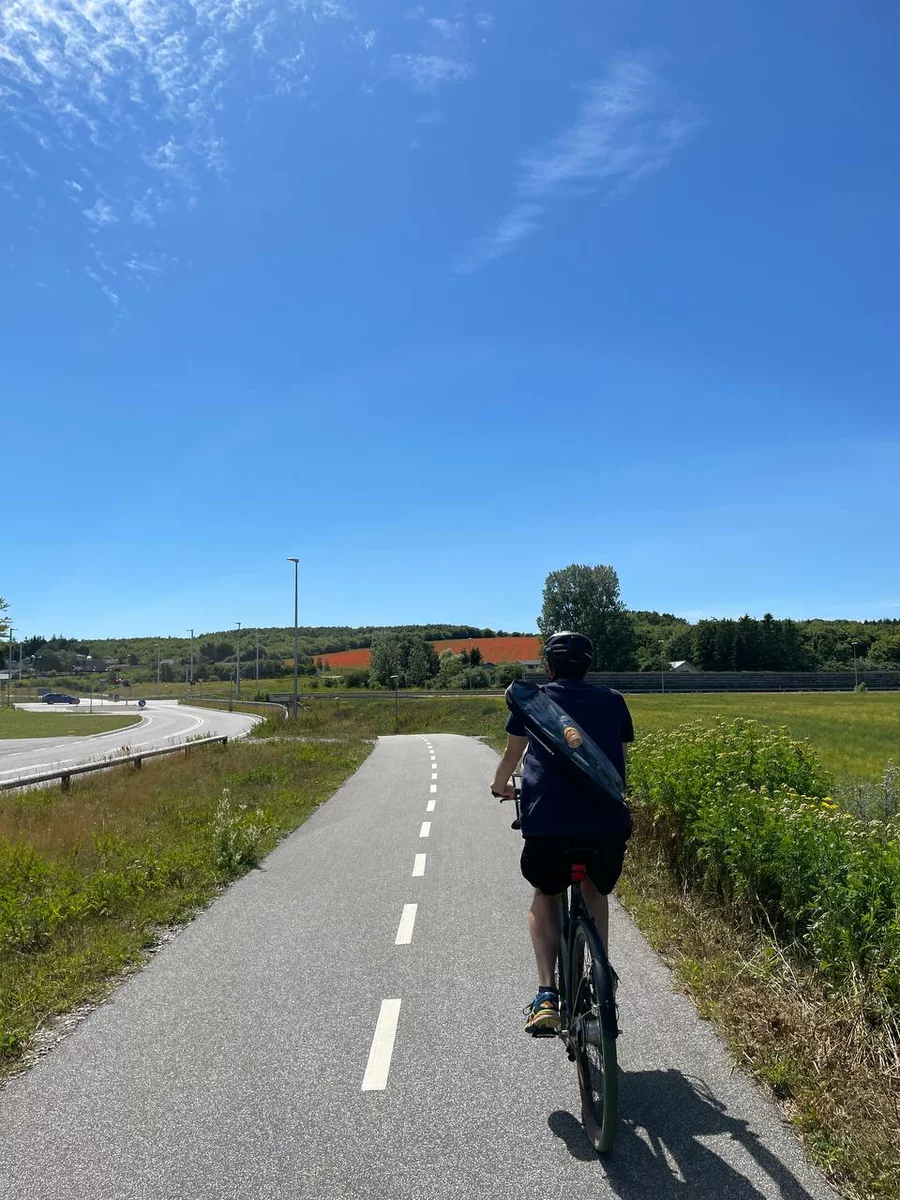
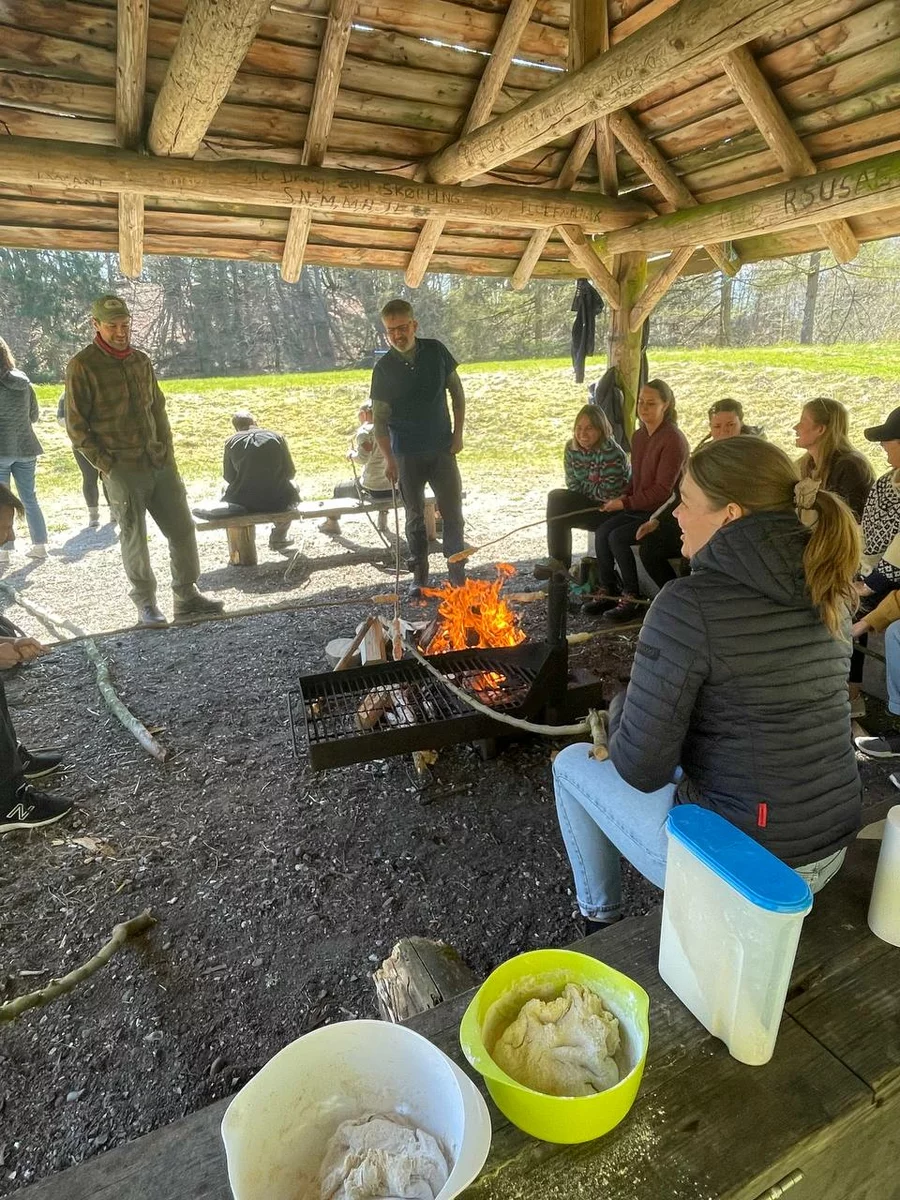

Do you want to share your personal experience of relocating and living in another country? Email us at info@realting.com. We will be happy to tell your story.
Author
I am responsible for editorial work. I write expert interviews and guides.























